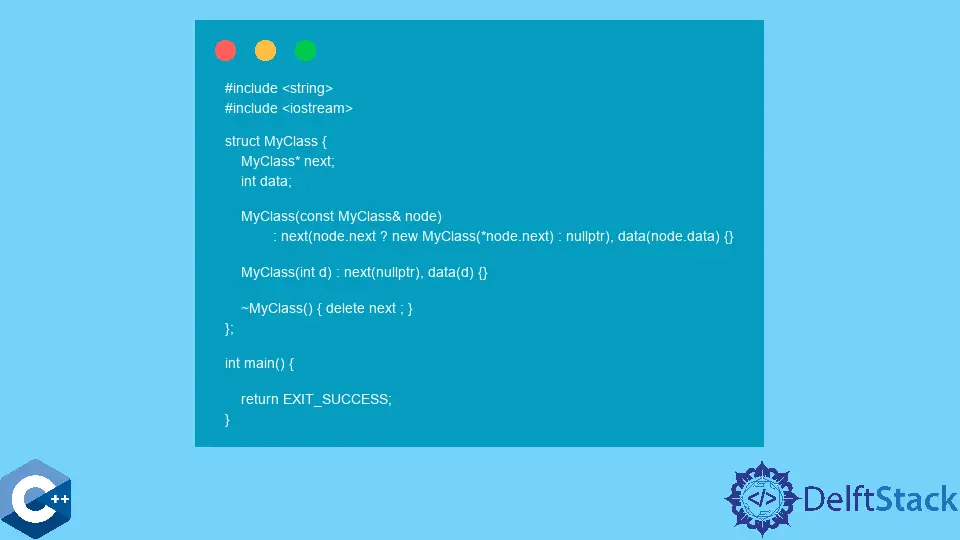在 C++ 中使用条件运算符

本文将解释如何使用 C++ 条件运算符。
在 C++ 中使用条件运算符作为 rvalue 表达式
除了常见的算术、逻辑和赋值运算符之外,C++ 还提供了一些特殊的运算符,其中之一是条件三元运算符。三元意味着运算符采用三个操作数。它被称为条件运算符,因为它的工作方式类似于 if-else 语句。运算符的形式为 E1 ? E2 : E3,其中第一个操作数可以被视为 if 条件,它被评估并转换为 bool 值。
如果 bool 值为 true,则计算以下表达式 (E2),并产生副作用。否则,将评估第三个表达式 (E3) 及其副作用。请注意,我们可以使用此运算符作为 rvalue 表达式来有条件地为变量赋值。在下面的示例代码中,我们从用户输入中读取一个整数并计算比较表达式 input > 10,表示条件运算符中的 E1 操作数。仅当 E1 为真时,变量 n 才被赋予 input 值。
#include <iostream>
#include <string>
using std::cin;
using std::cout;
using std::endl;
using std::string;
int main() {
int input;
cout << "Enter a single integer: ";
cin >> input;
int n = input > 10 ? input : 10;
cout << "n = " << n << endl;
return EXIT_SUCCESS;
}
输出:
Enter a single integer: 21
n = 21
在 C++ 中使用条件运算符作为 lvalue 表达式
或者,我们可以使用三元运算符作为 lvalue 表达式来有条件地选择进行赋值操作的变量名称。请注意,我们仅将变量名称指定为第二个和第三个操作数。但是,通常你可以指定诸如 cout 之类的表达式,它具有外部副作用;这些效应会像往常一样被执行。
#include <iostream>
#include <string>
using std::cin;
using std::cout;
using std::endl;
using std::string;
int main() {
int input;
cout << "Enter a single integer: ";
cin >> input;
int n = input > 10 ? input : 10;
cout << "n = " << n << endl;
int m = 30;
(n == m ? n : m) = (m * 10) + 2;
cout << "m = " << m << endl;
return EXIT_SUCCESS;
}
输出:
Enter a single integer: 21
n = 21
m = 302
三元运算符的另一个用例可以在 class 定义中。下面的代码示例演示了这样一个场景,我们为类似于单链表中的节点的 MyClass 结构实现了一个递归构造函数。在这种情况下,我们将构造函数调用指定为第二个操作数,使用 next 参数调用,并继续递归调用堆栈,直到 node.next 评估为 false 值。后者仅适用于 node.next 指针为 nullptr 的情况。
#include <iostream>
#include <string>
struct MyClass {
MyClass* next;
int data;
MyClass(const MyClass& node)
: next(node.next ? new MyClass(*node.next) : nullptr), data(node.data) {}
MyClass(int d) : next(nullptr), data(d) {}
~MyClass() { delete next; }
};
int main() { return EXIT_SUCCESS; }
Founder of DelftStack.com. Jinku has worked in the robotics and automotive industries for over 8 years. He sharpened his coding skills when he needed to do the automatic testing, data collection from remote servers and report creation from the endurance test. He is from an electrical/electronics engineering background but has expanded his interest to embedded electronics, embedded programming and front-/back-end programming.
LinkedIn